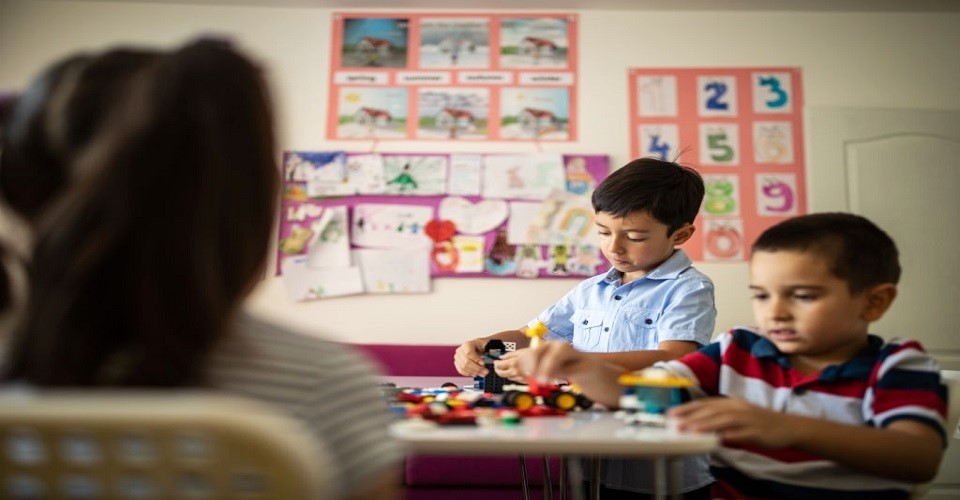5 Must-Have Habits to help build Self-Esteem in your Students
27th October 2020
What do you mean by self-esteem?
Self-esteem “entails a sense of personal efficacy and a sense of personal worth...the integrated sum of self-confidence and self-respect...the conviction that one is competent to live and worthy of living” (Nathaniel Branden, 1969). On the other hand, Lawrence Denis (2006) describes self-esteem as the gap between real self and ideal self.
As part of student counselling techniques, teachers and counselors will want to instill skills in their learners that will make an impact on them for their entire lives. Self-esteem is one of the most necessary skills to teach to your students.
There are a few guiding principles that have been discussed below that you can use to improve your students’ ability to foster a healthy self-image and level of confidence.
1. Teach Total Acceptance to improve Self-Esteem in Students
Helping students realize that they can take their own decision and accept who they are, at the moment. You can do this simply by praising differences, special gifts and allowing students to follow their own path.
2. Teach Students to be Present
Teach students to take time to focus on what’s happening in the present moment (without judging or giving importance to any outcome) and help them enjoy their lives, their education, and their friends without any added pressure.
3. Teach Students to stand for Something
It is important to make students feel as though they have a purpose and strong beliefs, so that they can develop a solid sense of identity. As a teacher counselor, help your students uncover the things that give their lives meaning so that they have at least something to return to and focus on when they feel lost.
4. Ignore Comparisons to teach Self-Esteem Habits
In today’s world where social media rules, it’s next to impossible for children not to play the comparison game. They may not get the opportunity to develop their true self as personal identities can become lost when these young students try to be just like someone else, whom they might have seen on TV or social media.
As teachers, you must let your students learn to celebrate their gifts; call them out when you notice them, and teach them to reflect on what they are good at when they feel low.
5. Teach Students to live for Themselves
Unfortunately, peer pressure is alive and well and it is this pressure that gets to them and causes unwanted stress and anxiety. If you find any student feeling uncomfortable, reach out to them whenever you can and let them know that they should not worry about what others think and must opt-out of activities that they don’t enjoy.
These are a few strategies that can help a teacher bolster a student’s self-esteem. You can develop more such ideas and strategies by pursuing child counselling courses for teachers to help students become more confident with themselves and each of these tips can help them do better in school and as they grow in their lives.
Written By : Anindita Das